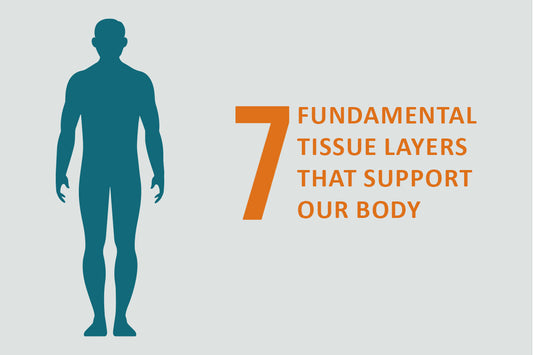Stress eating, also known as emotional eating, is a common response to stress where people turn to food for comfort. During times of stress, the body releases cortisol, a hormone that can increase your appetite and make you crave high-fat, high-sugar comfort food. While reaching for ice cream or chips might make you feel good in the moment, it can lead to unhealthy eating habits and contribute to weight gain. Here are five effective strategies to help you manage stress eating and maintain healthier responses to stress.
Practice Mindful Eating
Mindful eating involves paying full attention to the experience of eating and drinking, both inside and outside the body. This practice can help you recognize your body's hunger and fullness cues, making it easier to manage stress eating. Here’s how you can incorporate mindful eating into your routine:
How to Practice Mindful Eating
- Eat Slowly: Take your time to chew each bite thoroughly. This gives your body time to register that you’re eating and can help you feel fuller with less food.
- Eliminate Distractions: Avoid eating in front of the TV or computer. Focus on your meal and the act of eating.
- Pay Attention to Your Food: Notice the colors, textures, and flavors of your food. This can help you appreciate your meal more and reduce the urge to overeat.
- Listen to Your Body: Eat when you’re truly hungry and stop when you’re full. This can help restore your natural eating habits and ease overeating.
Call a Friend
Social support is a powerful tool for managing stress levels and controlling stress eating. When you feel stressed, reaching out to a friend can help you feel connected and supported, reducing the urge to turn to food for comfort.
How to Use Social Support
- Identify Your Support Network: Make a list of friends, family members, or colleagues who you can call when you feel stressed.
- Reach Out Regularly: Don’t wait until you’re feeling overwhelmed to call a friend. Regular check-ins can help maintain your stress levels.
- Share Your Feelings: Talking about your stress can help you process it and find solutions, reducing the need for emotional eating.
Choose Healthy Snacks
When you feel the urge to stress eat, choosing healthy snacks can help maintain your eating habits. Healthy snacks can also provide the nutrients your body needs to handle stress better.
Healthy Snack Options
- Fruits and Vegetables: Fresh produce is low in calories and high in vitamins and minerals.
- Nuts and Seeds: These are great sources of healthy fats, protein, and fiber, which can help you feel full and satisfied.
- Yogurt: Rich in probiotics and protein, yogurt can be a healthy alternative to sugary snacks.
- Whole Grains: Whole grain crackers or oatmeal can provide lasting energy and help maintain stable blood sugar levels.
Seek Help from a Mental Health Professional
If stress eating is a persistent problem for you, it might be helpful to talk to a mental health professional. They can help you understand the underlying causes of your stress and develop healthier coping mechanisms.
Benefits of Professional Help
- Personalized Strategies: A mental health professional can provide tailored advice and strategies to help you manage stress eating.
- Support and Accountability: Regular sessions can help maintain your progress and keep you accountable to your goals.
- Address Underlying Issues: Therapy can help you work through any deeper emotional issues that might be contributing to your stress eating.
Find Alternative Activities
Finding activities that help you manage stress can prevent you from turning to food for comfort. Engaging in hobbies or activities you enjoy can help you feel good without overeating.
Stress-Relief Activities
- Exercise: Physical activity helps release endorphins, which can enhance your mood and help manage stress levels.
- Meditation: Practicing meditation or deep breathing exercises can help calm your mind and easess stress.
- Hobbies: Engaging in hobbies like reading, gardening, or crafting can provide a distraction from stress and help you relax.
- Journaling: Writing about your thoughts and feelings can be a effective way to ease stress and control emotional eating.
Conclusion
Stress eating is a common response to stress, but it doesn’t have to control your life. By practicing mindful eating, calling a friend, choosing healthy snacks, seeking help from a mental health professional, and finding alternative stress-relief activities, you can manage stress eating and maintain healthier eating habits. Remember, it's about creating sustainable changes that help maintain your well-being and help enhance your ability to cope with stress.






